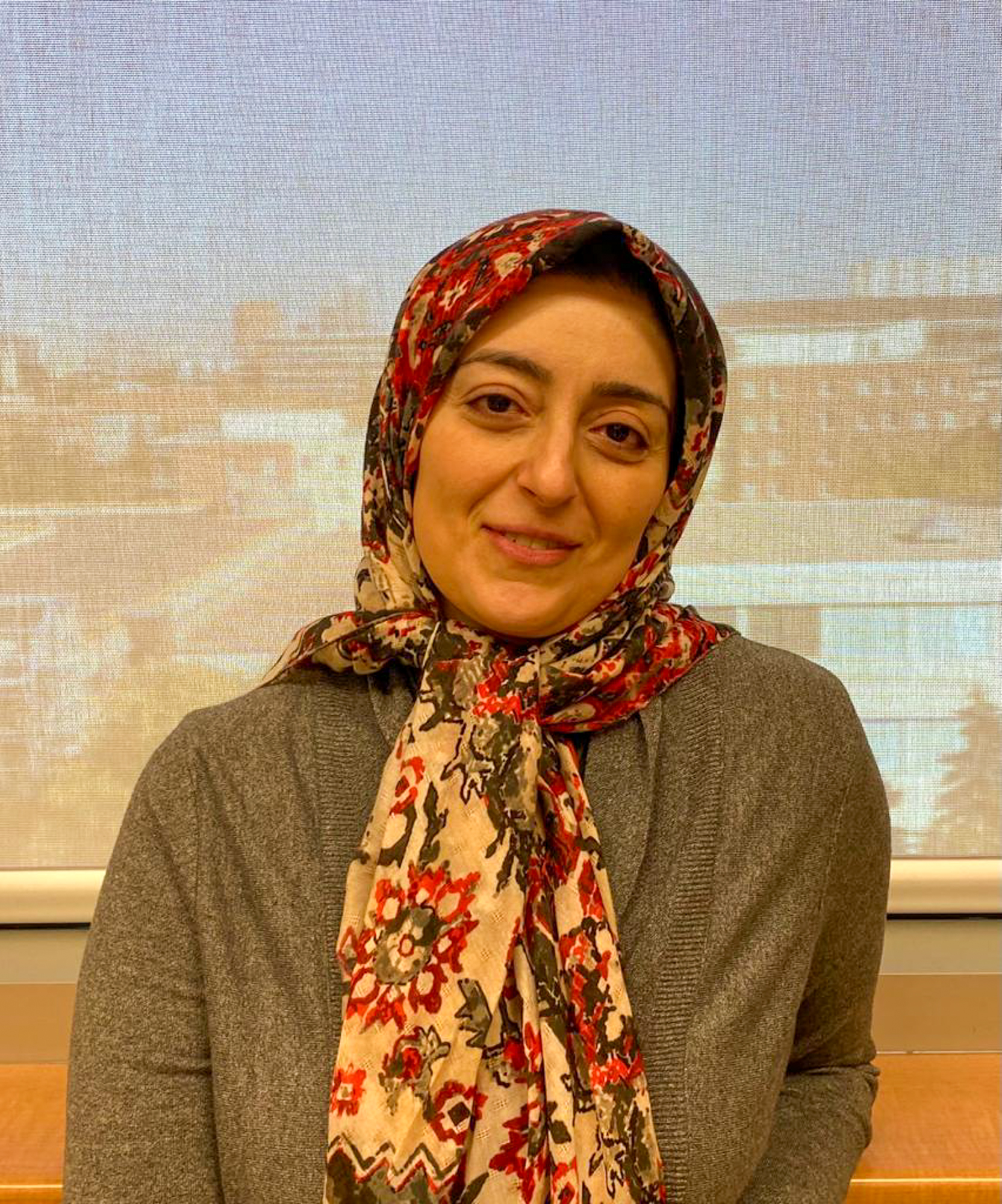Shima Shahbaz is among first recipients of CIHR Award, advancing HIV research with $1M funding
4 March 2024

Shima Shahbaz, postdoctoral fellow in immunology
Shima Shahbaz, an innovative postdoctoral fellow in immunology, from the Elahi lab, the Mike Petryk School of Dentistry at the University of Alberta has emerged as one of the first recipients of the Canadian Institutes
of Health Research (CIHR) 2024 Research Excellence, Diversity, and Independence (REDI) Early Career Transition Award. This award, with a value of over $1 million, enables Shahbaz’s research on natural protective immunity against HIV infection, potentially giving hope to people affected by HIV worldwide.
Her research will also extend to broader implications for chronic diseases such as hepatitis and certain cancers, potentially redefining treatment approaches.
The program supports the transition of trainees to independent academic or research appointments, enabling them to conduct their own research, supervise new trainees, and publish their findings. This award will also afford her mentorship and invaluable networking opportunities, setting an excellent foundation for Shahbaz to explore the unique mechanism of protective immunity against HIV infection shown in a small subset of patients.
“Receiving the award made me confident I can continue this work that was always on top of my mind, but due to lack of funding and other barriers, I couldn’t dive as deep as I wished into HIV infection research. This gives me an opportunity to build on my dreams as a clinician scientist and focus where I truly want with my PhD.”
Shahbaz’s research builds on the previous work of her supervisor, Shokrollah Elahi, professor of immunology in the school of dentistry, who first discovered the phenomenon of killer T cell’s resilience against exhaustion in certain HIV-infected individuals.
“Killer T Cells attack infected cells and tumour cells, but in chronic diseases like HIV or cancer these cells become exhausted and dysfunctional because they are working 24/7 to fight against the virus,” says Elahi. “Killer T cells from this subset of HIV-infected individuals are able to evade immune exhaustion. Through my work, I discovered specific proteins that play important roles in this process to allow the killer T cells to continue to do their job to kill infected cells and protect the individual.”
Currently, Elahi’s lab has frozen cells collected from this specific subset of HIV-infected individuals ready to study. Supported by the CIHR REDI Early Career Transition Award, Shahbaz will isolate these killer T cells and conduct detailed genetic analysis, including RNA sequencing, T cell receptor sequencing, various gene modulations, and functional studies.
“I came to Canada in 2013,” says Shahbaz. “This grant gives me the opportunity to continue this research, but also network. It equalizes opportunities for those who do not have established connections here. The mentorship program as part of this award is also very important. To have more support from a dedicated mentor throughout the journey, to make sure you are on the right path for all the requirements to get to a faculty position is very valuable.”
In total, CIHR is providing $28.4 million to support 43 underrepresented early-career researchers nationwide focusing on health research in the areas of infectious and chronic disease, brain and mental health, aging, rare diseases, improving the health care system, and more. Find more information about the award and the full list of 2024 awardees on the CIHR website.